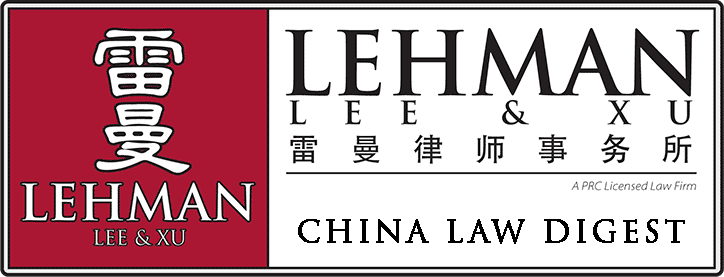BEIJING - China's top leadership's decision to investigate Bo Xilai's serious discipline violations has won support from ordinary Chinese and grassroots officials.
People interviewed by Xinhua's local correspondents across the country agreed that the decision highlighted the essential principles of being strict with the Party disciplines and the rule of law, and it showed clear attitude and firm resolution to safeguard the Party disciplines and laws.
The Central Committee of the Communist Party of China (CPC) announced a decision Tuesday to suspend Bo's membership of the CPC Central Committee Political Bureau and the CPC Central Committee as he is suspected of being involved in serious discipline violations, and the Central Commission for Discipline Inspection of the CPC would file the case for investigation.
Chinese police also set up a team to reinvestigate the death of British citizen Neil Heywood in Chongqing on November 15, 2011, which was alleged by Wang Lijun, Chongqing's former police chief who entered, without authorization, the US general consulate in Chengdu on February 6 and stayed there.
According to reinvestigation results, existing evidence indicated that Heywood died of homicide, of which Bogu Kailai, Bo's wife, and Zhang Xiaojun, an orderly at Bo's home, are highly suspected.
Most people expressed the belief that the timely publicity of related facts and firm decision to handle the event is conducive to the country's reform, opening up and stability, to the image of the Party and government as well as to the dignity and authority of law and Party disciplines.
People have paid great attention to the incident of Wang Lijun and now have obtained a relatively complete and clear picture of the event, said Pan Degang, an official with the CPC municipal committee of Qingdao in east China's Shandong Province.
The CPC Central Committee made prompt and correct moves in dealing with the incident, which proved itself to be a wise, resolute and strong leadership, Pan said.
Timely informing the public about the development of the incident helped people get rid of their doubts, said Wang Zhiqian, head of the organization department of the CPC county committee of Laiyuan in north China's Hebei Province.
Through the decision, people believed that the CPC Central Committee, with Hu Jintao as the general secretary, is capable of handling complicated situation and making correct decisions in serious incidents, and they gained more confidence in the Party's leadership.
The leadership's decision on this incident showed its high alertness of risks in governance, the strong motivation to fight corruption in the Party and the unity inside the Party concerning honoring law and disciplines, said Prof. Wang Shiyi with the Party School of CPC Jiangsu Provincial Committee in east China.
It showed that the Party is confident and determined in face of challenges, he said.
Timely revealing the facts, the leadership would unite the whole Party and society, build confidence and minimize the room left for rumors, he said.
Many Party and government officials said they would learn the lesson from this case, closely follow the basic principles and policies of the Party and set the example of loyalty.
Party members and officials should try their best to serve the people, behave themselves and accept supervision, said Niu Landong, an official with the publicity department of the CPC provincial committee of Hebei.
People from all walks of the society expressed their willingness to work for scientific development and maintain social harmony and stability under the leadership of CPC Central Committee.
"We should focus our attention on the development of our enterprise as the company is facing a very complex situation this year," said Lu Ruifeng, working for the Nanjing Port (Group) Co. Ltd.
http://www.chinadaily.com.cn/china/2012-04/12/content_15026768.htm

